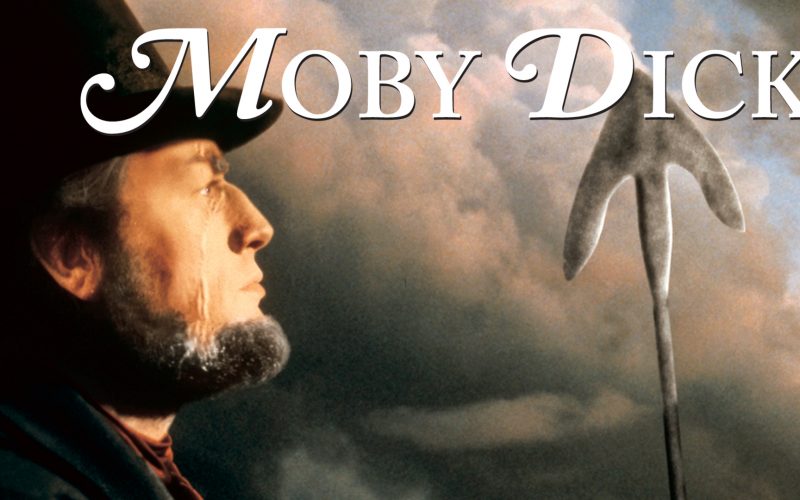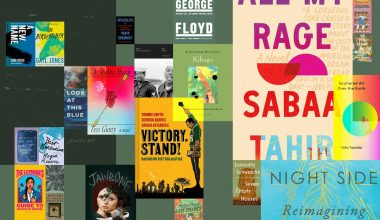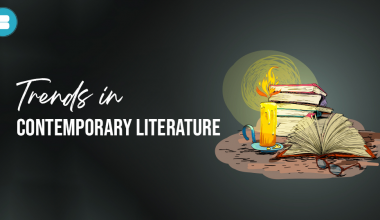‘Moby-Dick,’ written by Herman Melville and first published in 1851, stands as a monumental work in American literature. Revered for its complexity, symbolism, and exploration of profound themes, the novel continues to captivate readers and scholars alike. Through its intricate narrative, rich symbolism, and philosophical musings, ‘Moby-Dick’ delves into the human condition, obsession, the nature of evil, and the eternal struggle between man and the unknown.
At its core, ‘Moby-Dick’ presents a gripping tale of Captain Ahab’s relentless pursuit of the elusive white whale, Moby Dick, who deprived him of his leg during a previous encounter. However, beneath the surface of this adventurous plot lies a multifaceted exploration of humanity’s darker aspects.Melville masterfully weaves an intricate web of symbolism throughout the novel. The white whale, Moby Dick, embodies an enigmatic force of nature, representing the unknowable and inscrutable aspects of existence. It serves as a metaphor for the metaphysical, the unattainable, and the relentless pursuit of the unattainable, mirroring Ahab’s obsessive quest for vengeance.Furthermore, the Pequod, the whaling ship on which the narrative unfolds, becomes a microcosm of society, encompassing diverse characters from various backgrounds. Each character represents a distinct facet of humanity, contributing to the novel’s rich tapestry. From Ishmael, the contemplative narrator, to Queequeg, the pagan harpooner, and Starbuck, the pragmatic first mate, Melville crafts a mosaic of personalities that explore themes of diversity, camaraderie, and the clash of cultures.The novel’s structure is notable for its intricate blend of narrative styles, combining adventure, philosophical musings, encyclopedic digressions on whaling, and poetic prose. Melville employs various literary devices, including biblical allusions, Shakespearean references, and philosophical reflections, creating a multifaceted reading experience that transcends mere storytelling.One of the most compelling aspects of ‘Moby-Dick’ is its exploration of existential themes. The novel probes the depths of human nature, confronting themes of fate, free will, and the duality of human existence. Ahab’s single-minded pursuit of vengeance raises questions about the destructive nature of obsession and the inevitable consequences of unchecked ambition.Moreover, the novel delves into the philosophical and moral implications of man’s relationship with nature. The act of whaling becomes a metaphor for humanity’s exploitation of the natural world, prompting reflections on ethics, environmentalism, and man’s dominion over the animal kingdom.’Moby-Dick’ remains relevant in contemporary times due to its universal themes and profound insights into the human psyche. Its exploration of obsession, the struggle against the unknown, and the complexities of human nature resonate with readers across generations.In conclusion, ‘Moby-Dick’ stands as a literary masterpiece that transcends the boundaries of time and genre. Melville’s magnum opus continues to intrigue and inspire readers, inviting them to embark on a journey through the depths of the human soul. Through its symbolism, narrative complexity, and philosophical depth, ‘Moby-Dick’ remains an enduring testament to the power of literature in exploring the complexities of the human condition.As readers continue to navigate the labyrinthine depths of ‘Moby-Dick,’ they discover not only a gripping tale of adventure but also a profound meditation on life, existence, and the eternal quest for meaning in the face of the unknown.






